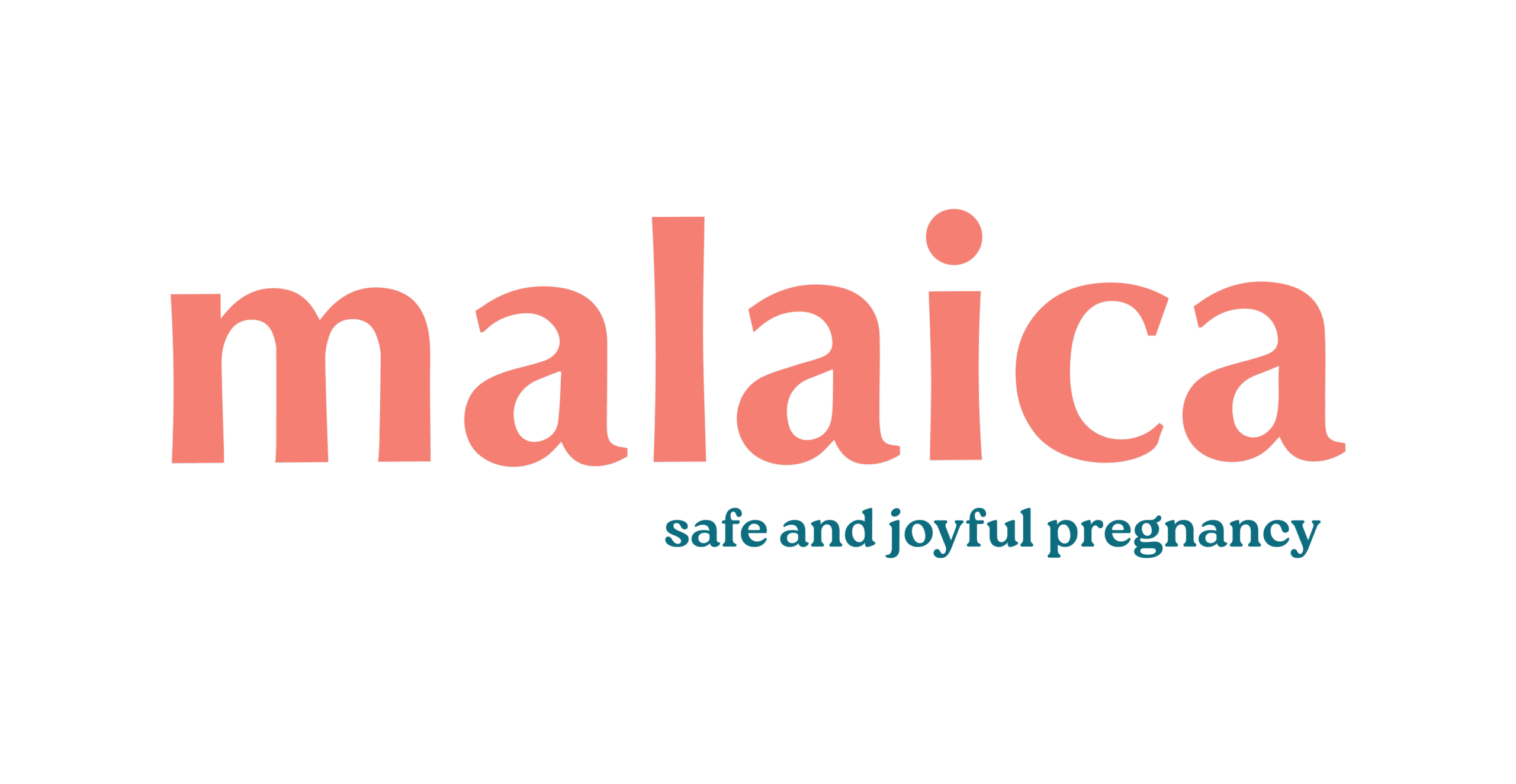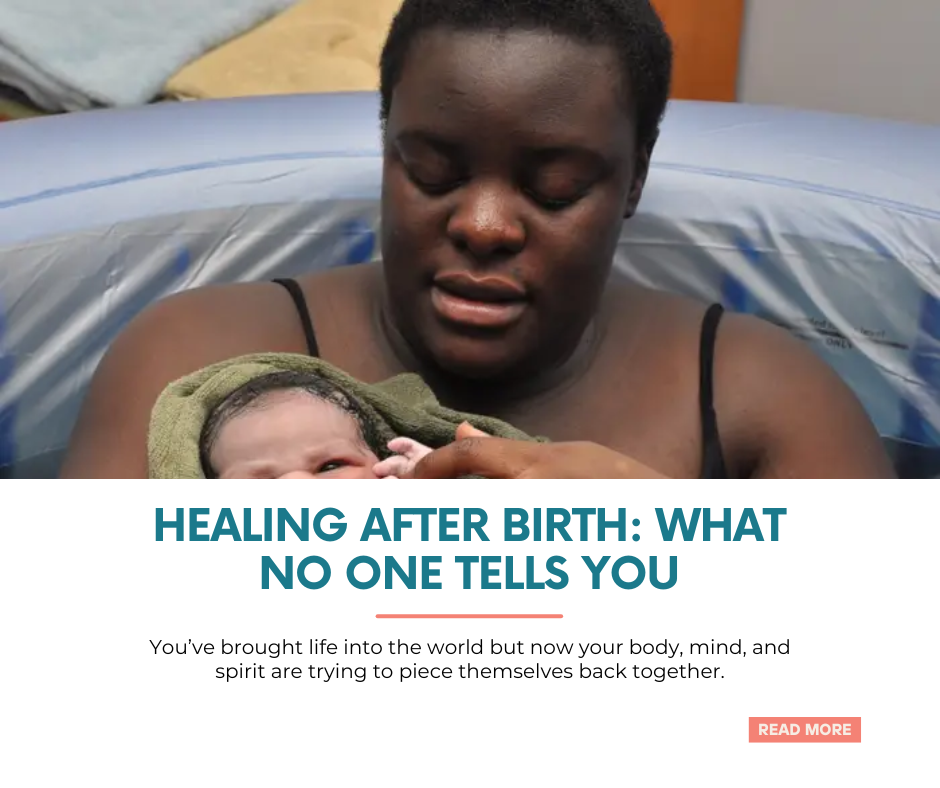Mothers describe this phase as, “it hurts everywhere.” Is it the same for you too?
There’s a reason postpartum recovery is called the “fourth trimester.” Your body has just gone through one of the most intense physical, emotional, and hormonal experiences imaginable. You’ve brought life into the world but now your body, mind, and spirit are trying to piece themselves back together. And while everyone showers you with baby gifts, very few stop to ask how you are healing.
The truth is, postpartum healing isn’t just about “snapping back.” It’s messy, slow, emotional, and deeply transformative. Here’s what no one really tells you about healing after birth, the kind of truths only another mama might whisper over a cup of tea.
Your body feels foreign and that’s okay
After childbirth, your body doesn’t feel like your own. Whether you had a vaginal birth or a C-section, you might notice aches, swelling, tenderness, and muscles that feel like jelly. Your belly might still look five months pregnant, your breasts may be sore or leaking, and sitting can be a challenge.
It’s easy to feel disconnected from your body during this stage. But instead of criticizing it, try to marvel at what it just did it created and birthed a whole human being. Be gentle with yourself. Rest when you can. Nourish your body with foods that help recovery warm soups, lots of water, and iron-rich meals.
And if you’re still bleeding (lochia), know that it’s normal for it to last several weeks. It’s your body’s way of healing and cleansing.
The emotional rollercoaster is real
You might cry because the baby smiled… or because the toast burnt. One moment you feel like the best mom in the world; the next, you wonder if you’re cut out for this at all.
Postpartum emotions can swing wildly because your hormones are in freefall. The drop in estrogen and progesterone after birth affects your mood and energy. Add in sleep deprivation, physical pain, and the overwhelming responsibility of caring for a newborn and it’s no wonder you feel on edge.
Baby blues are normal and usually fade after a couple of weeks. But if sadness, anxiety, or hopelessness linger, it could be postpartum depression. Don’t tough it out alone, reach out to your doctor, a counselor, or a trusted friend. Asking for help is not weakness; it’s strength.
Your pelvic floor needs love too
No one warns you how different your pelvic area might feel after delivery. You might experience leaking when you sneeze, a heavy feeling “down there,” or even discomfort during intimacy.
This happens because the pelvic floor muscles the ones that support your bladder, uterus, and bowels were stretched during pregnancy and childbirth.
Pelvic floor exercises (Kegels) can help restore strength and control, but don’t rush it. If you experience pain, talk to your healthcare provider about pelvic floor therapy. There’s no shame in getting professional help it can make a huge difference to your confidence and comfort.
The stitches, scars, and soreness take time
Whether you had a tear, episiotomy, or C-section incision, healing takes time and patience. Keep your stitches clean and dry, rest when possible, and avoid lifting heavy objects. Use a peri bottle to rinse after using the toilet, and sit on a cushion if needed.
If you had a C-section, you might feel numbness or tightness around the scar. It’s normal nerves take months to fully heal. Gently massaging the area after your doctor’s approval can help with flexibility and reduce scar tissue.
Remember, pain that worsens instead of improving isn’t normal. Always listen to your body and to your instincts.
Sleep deprivation changes everything
You’ve probably heard the phrase “sleep when the baby sleeps.” Sounds good in theory until you realize the baby sleeps in 40-minute intervals. The exhaustion hits deep; it’s physical, emotional, and mental.
Try to share nighttime duties if you can. Even short naps throughout the day help your body recover. Lower your expectations for housework or cooking right now, rest is your top priority. Healing takes energy, and you need every bit of it.
Intimacy may take a backseat and that’s normal
Between hormonal changes, soreness, and fatigue, your desire for intimacy might vanish. Don’t feel pressured to “get back” too soon healing happens on your timeline.
Talk openly with your partner about what feels comfortable. Intimacy after birth can start with emotional closeness hugs, gentle touches, and words of appreciation, long before it turns physical again.
Your partner can also support your recovery by helping with the baby, meals, or chores. Feeling cared for does wonders for your healing.
You’ll need to rediscover yourself
After birth, many mothers say they feel like they’ve lost a piece of who they were. Your body, routine, priorities, everything changes. But slowly, you’ll rediscover a new version of yourself: stronger, softer, wiser.
Give yourself permission to grow into this new identity. Take walks. Journal. Talk to other mothers. Connect with your community, motherhood wasn’t meant to be a solo journey.
Healing takes longer than you think but you will get there
At six weeks postpartum, most doctors give a “green light” for normal activity, but the truth is, full recovery can take months even a year. And that’s okay.
Your body will find its new rhythm. Your emotions will settle. You’ll laugh again, deeply and freely. One day you’ll notice that it doesn’t hurt to sit, your clothes fit differently, and you feel a little more like yourself again.
Healing isn’t linear. Some days you’ll feel amazing; other days, like you’re falling apart. Both are valid.
Mama, your healing matters.
In a world that tells you to “bounce back,” choose instead to come back, gently, fully, in your own time. You are not just healing a body. You are nurturing a heart that carried, birthed, and continues to love unconditionally. And that deserves all the grace in the world.


